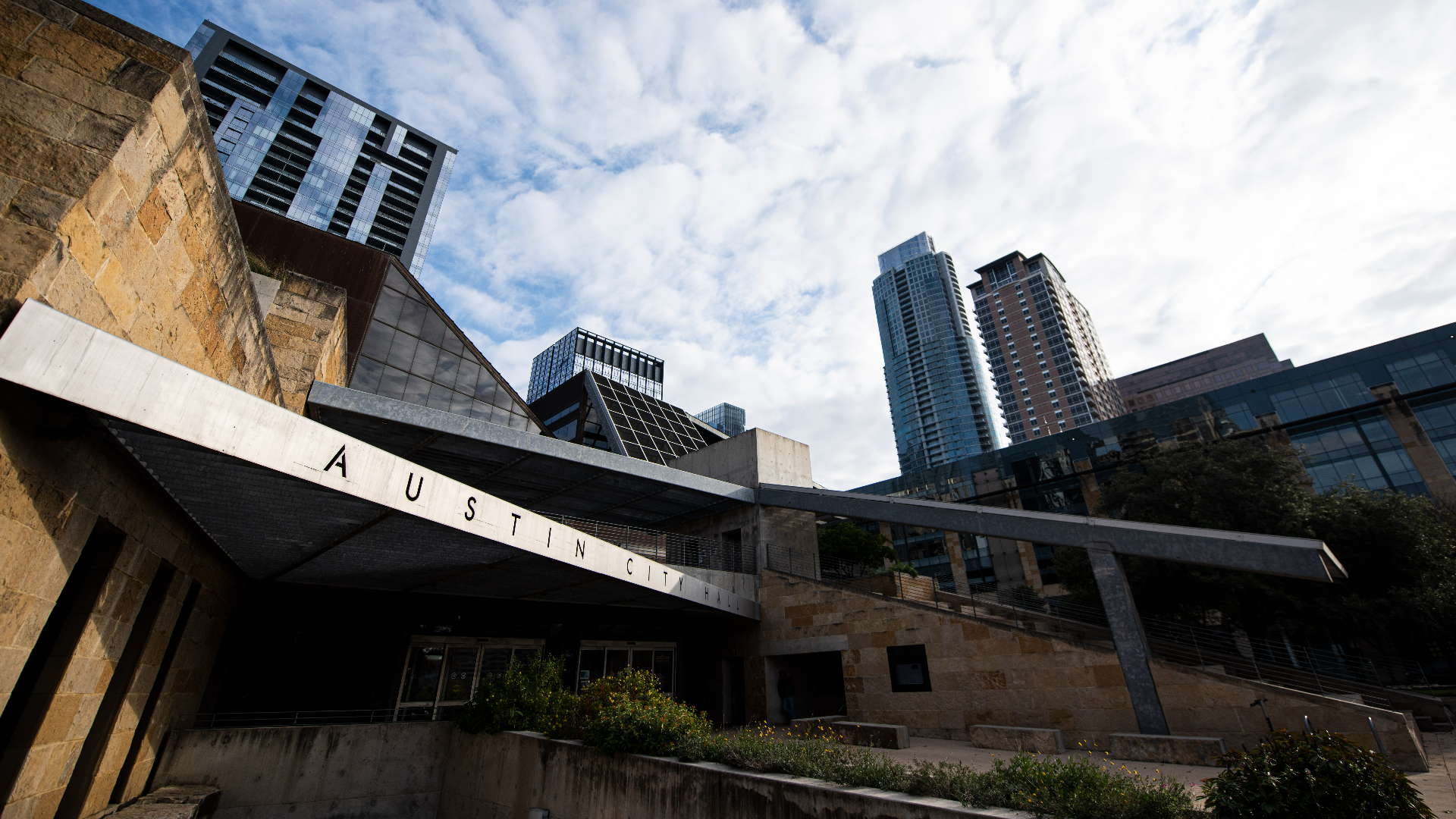AUSTIN, Texas — In about a week, the Austin City Council will formally vote on the city's proposed $5.9 billion budget. But on Tuesday, council members had a lot to talk through before they get to that point.
The main topic on the agenda: finding more money to address homelessness and housing resources.
Putting more money toward the Homeless Strategy Office (HSO) has been a hot topic from many public commenters during the council's budget work sessions. Some people have criticized the fact that the HSO only accounts for 0.2% of the General Fund in the proposed budget, while the police budget represents 35.1%.
The HSO has a $30.3 million proposed budget that accounts for several different areas:
- Homeless shelter: $13.8 million
- Rapid Rehousing: $4.5 million
- Street outreach: $300,000
- Permanent supportive housing: $6.3 million
- Basic needs: $1.4 million
- Homeless response system support: $700,000
- HSO operating fund: $3.3 million
Mayor Kirk Watson proposed two amendments related to housing needs. The first would mean more money for permanent supportive housing support services. The proposed budget for that is currently $6.3 million, but with all the wraparound services – including mental health support, substance abuse treatment and medical care – the HSO identified a $4.2 million budget shortfall.
Other council members, like José “Chito” Vela (District 4), expressed their concerns about not being able to adequately provide all the support services for that type of housing with the current proposed budget.
“What I don’t want to do, given that the support services are so critical in the long-term success of folks in permanent supportive housing, I don’t want to cut that off,” Vela said.
The Ending Community Homelessness Coalition (ECHO) also said the city has a major deficit in its permanent supportive housing stock. Currently, ECHO said there are more than 4,500 people who qualify for it.
“We need to be able to provide that for them,” ECHO Executive Director Matt Mollica said.
Councilmember Vanessa Fuentes (District 2) also proposed an amendment to add $2 to $4 million more toward the Rapid Rehousing Program. ECHO said it currently has capacity in its system for about 1,369 Rapid Rehousing units, but it needs about 3,100 units, so it has a gap of more than 1,700.
ECHO estimated that the cost for one individual for Rapid Rehousing for one year would cost about $35,000, so for a full year of service for those 1,731 individuals, ECHO would be looking at a cost of about $60.06 million.
“Colleagues, as you can see, that is a significant funding gap, I think, that just underscores the level of need we have,” Fuentes said.
Staff with the HSO said in addition to just the city putting more money toward these efforts, it may be time for Austin to start looking to other organizations and create partnerships that could provide more funding. The office said in other cities, like Houston and Dallas, a large majority of funding for housing comes from partnerships and private entities.
“Figuring out potentially better partnerships with HHSC [Texas Health and Human Services] and Central Health and Integral Care to help fray some of the city’s direct costs in our permanent supportive housing projects will be really important,” said Gary Pollack, the HSO's lead for Police and Planning.
Councilmember Alison Alter (District 10) also expressed concerns about the large monetary responsibility for addressing homelessness falling entirely on the city.
“I’m concerned about just putting more and more money without getting some commitments from others to be a part of the solution that are effective and working because, you know, this can take over our entire budget,” Alter said.
On Thursday, the council will meet again to work through more amendments to the proposed budget. Council members will take their formal vote on Aug. 14.

